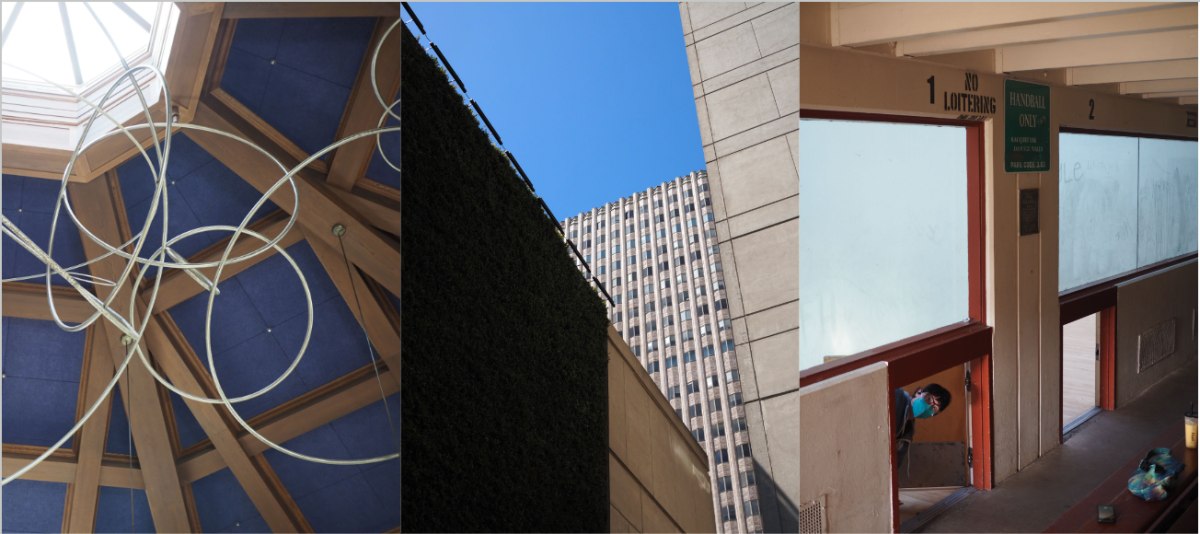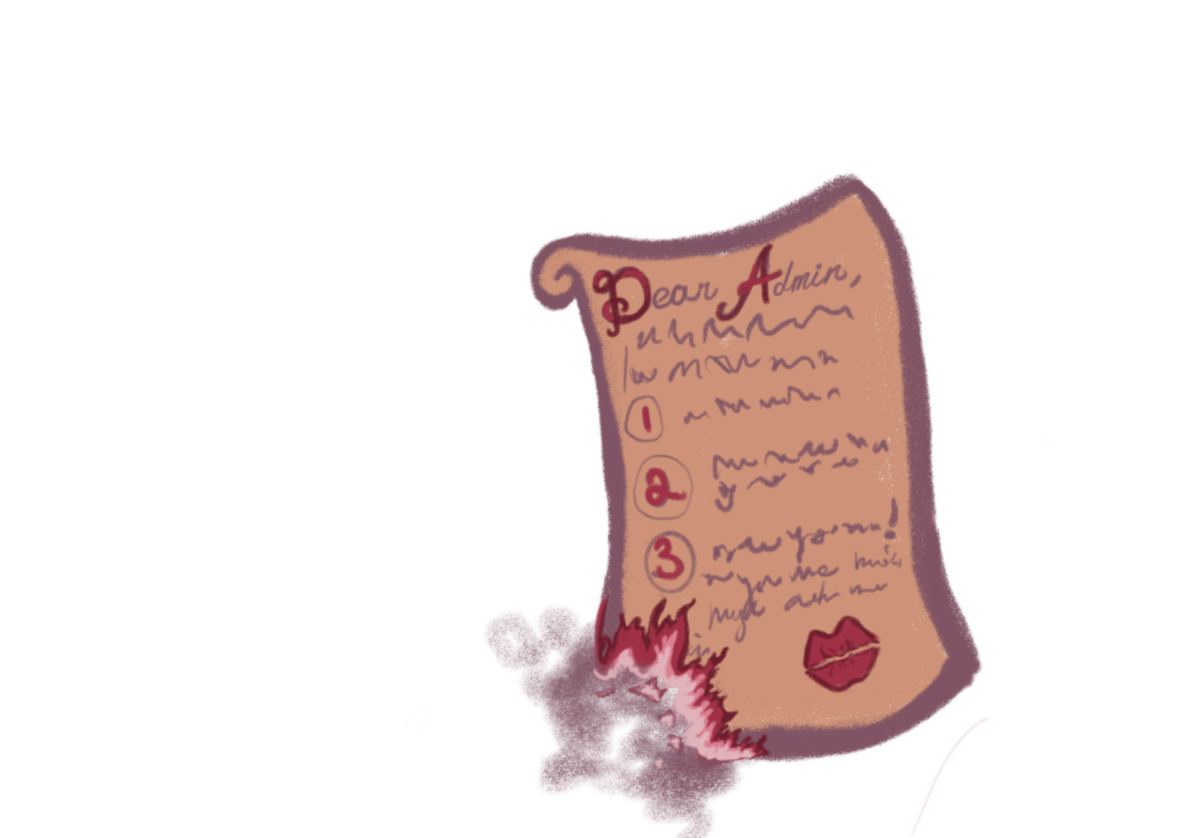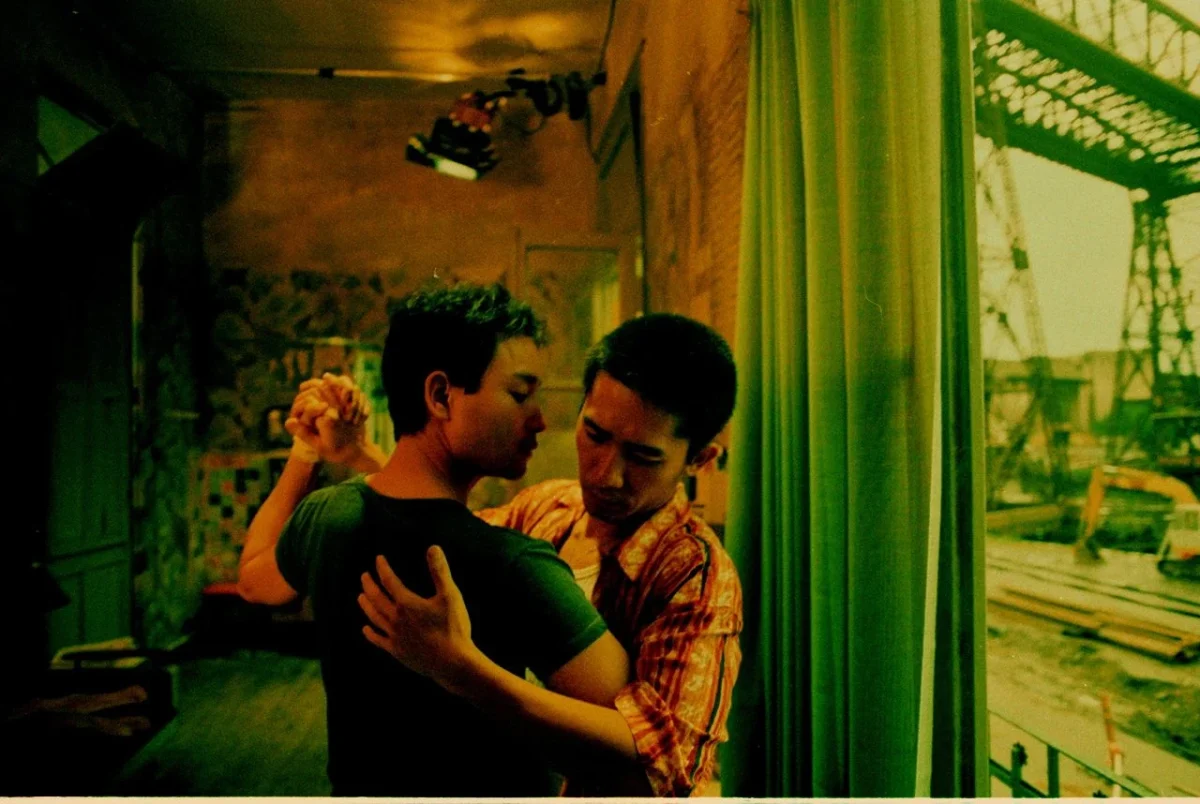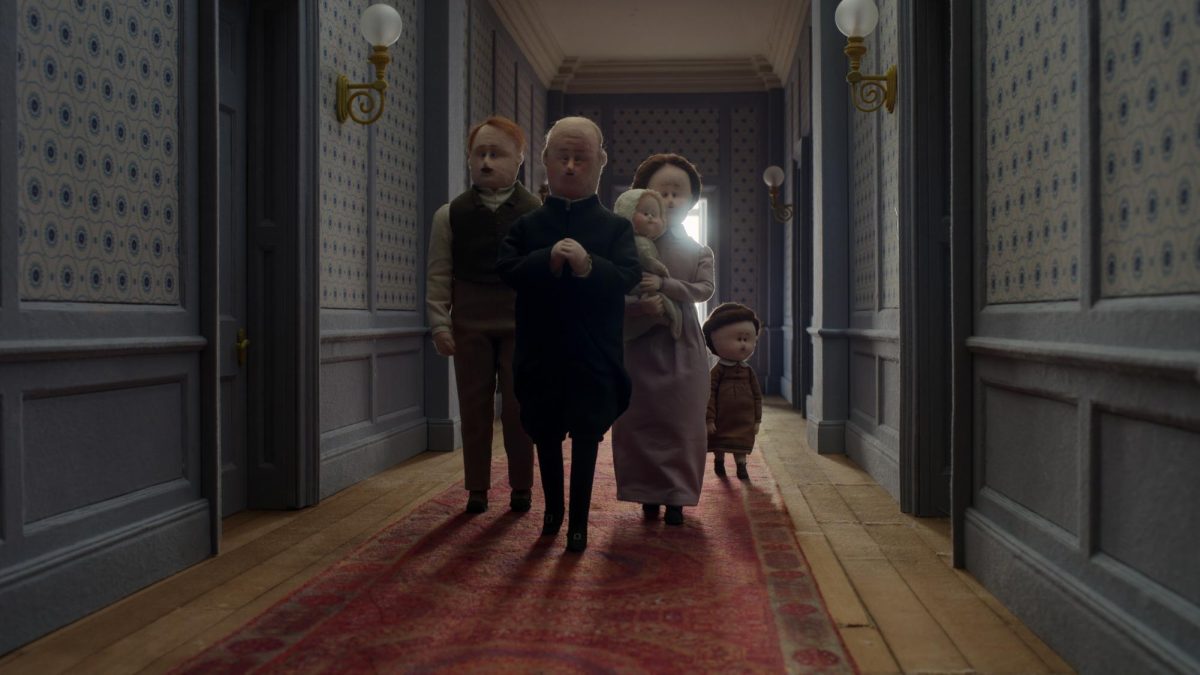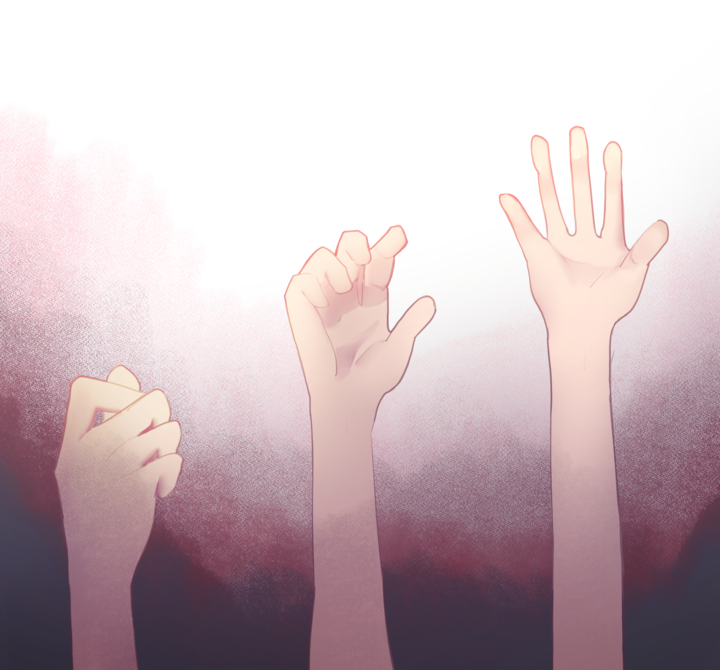Originally published on April 20, 2015
Have you ever wanted to do something so bad but couldn’t because you were too young? That’s what it feels like for the youth who want to make a change in their community, but can’t vote until they’re 18.
This year in San Francisco, there is a chance to give these young people a voice, with a new campaign, Vote16SF, led by the SF Youth Commission.
In January, the Commission submitted a resolution to the Mayor and Board of Supervisors, urging them to change the law to allow 16- and 17-year-olds to vote in municipal and school district elections.
If 16-year-olds can drive, pay taxes, work, and have adult criminal charges against them, then they should also have the right to vote.
The proposal insists that if 16-year-olds can drive, pay taxes, work, and have adult criminal charges against them, then they should also have the right to vote on topics that directly affect them. The Commission argues that voting will encourage teenagers to become more involved in local government, giving them practice for lifelong voting skills.
In support of the campaign, Supervisor John Avalos proposed the city charter amendment to the Mayor and the Board of Supervisors on Mar. 17. The first public hearing for Vote16SF is in May, with Avalos aiming to put the issue to a vote during elections in November or next year.
Changing the legal voting age is not far from possible, as it has been done in the past. During the Vietnam War, student activists of America protested the law that drafted 18-year-olds into the Army,but prohibited them from voting. In response to the opposition, in 1971, the 26th Amendment was ratified to lower the voting age from 21 to 18.
“Young people are civically and socially engaged.”
Some believe younger people may not be well-informed or not mature enough to take on this responsibility. However, the Vote16SF proposal cites a study from the Annals of the American Academy of Social Science that shows 16- and 17-year-olds can have the same level of political understanding as 21 year-olds. “I think most of the critics who would say 16- and 17-year-olds are too immature don’t hang out with a lot of young people,” Youth Commission Vice Chair Sophie Edelhart said. “Young people are civically and socially engaged and they do have conversations about things going on in politics and society.”
San Francisco would not be the first U.S. city to allow teenagers to vote. In May 2013, the town of Takoma Park in Maryland changed its laws to allow their 16- and 17-year-olds to vote in the November municipal elections.
Some criticized this change by saying that teenagers only voted for wedge issues, like legalizing marijuana, and that they would not care for less compelling issues on the ballot. However, interest in wedge issues could lead teenagers to research other issues in the ballot, gaining voting experience and becoming better versed in politics.
Teenagers should have the right to vote for issues that affect them, like education. This includes budget priorities and spending, and selecting school board members and superintendents who will create proposals that will change the school curriculum.
In February, SFUSD required that all ninth-grade students take Algebra 1, regardless of whether or not they took the course in middle school. This change was approved without consulting those directly affected by it: the students. After the widespread popularity of three petitions against the proposal, SFUSD changed the program back to its original form.
Teenagers can make a big change for themselves.
This proves that students are willing and able to organize for change, and therefore the citizens San Francisco should allow teenagers to advocate for themselves.
In a city and country that champions the ideals of democracy, the US, if not San Francisco, should have been the first to extend voting rights to younger voters. However, other countries beat us to it. Argentina, Austria, Brazil, Germany, Norway and Scotland have all given their teenagers the vote in municipal and even presidential elections.
For Vote16SF to become a reality, many people need to agree and believe in it. The Mayor and Board of Supervisors need to approve said proposal, but not before the people do. “In the end, it is completely up to the voters of San Francisco, and ironically, 16- and 17-year-olds will not be able to vote in that election,” Youth Commission Chair Michel Li, a senior at Lowell, said. “However, the number of allies and amount of support we have received has been overwhelming. Hopefully, it will become a reality.”
Skeptics and concerned parents don’t need to be afraid of the outcome, and should vote to make Vote16SF real, because with the power of voting in their hands, teenagers can make a big change for themselves.



